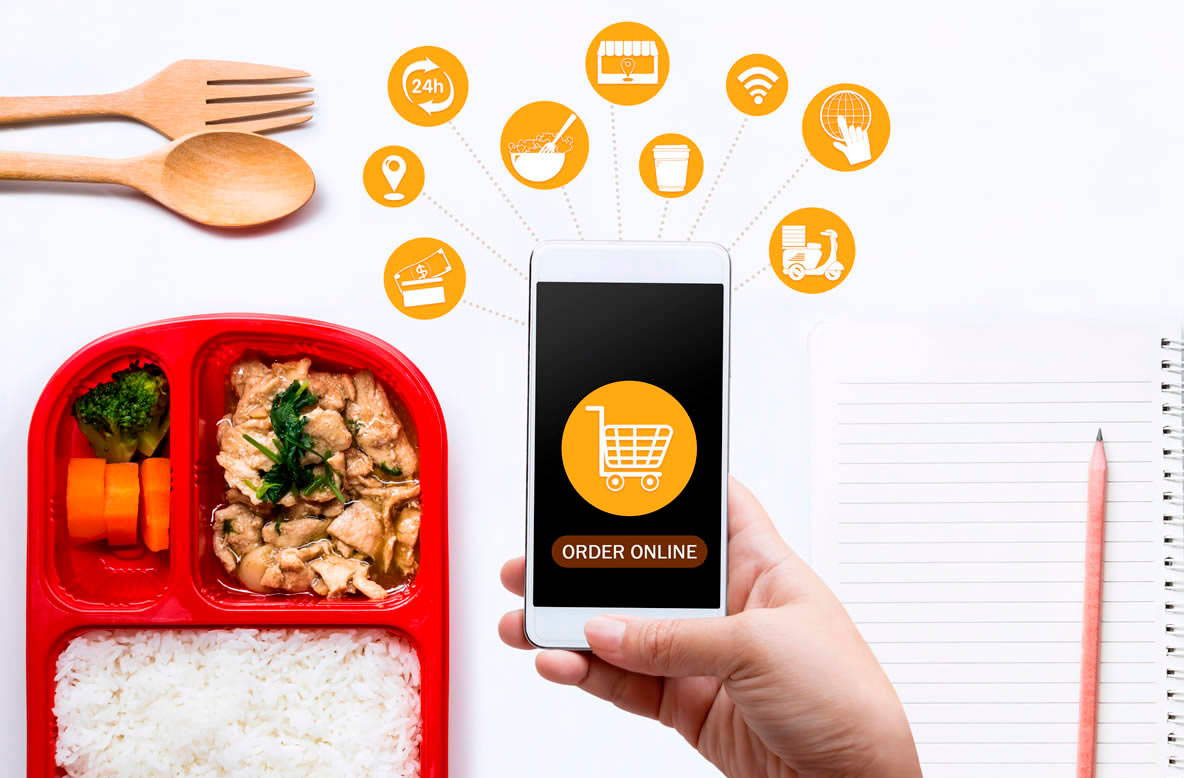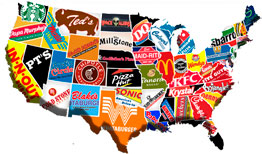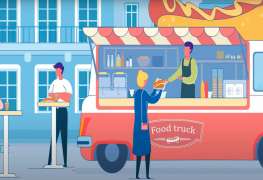 Are you willing to make these trade-offs for some combo meals?
Are you willing to make these trade-offs for some combo meals?
It’s become hard to ignore all the ways the fast food industry has gone high-tech. Whether it’s robots preparing food, or delivering said food via an elaborate tunnel system, or even seemingly small technological updates like a new rewards program structure, fast food chains are “upgrading” every step of the customer experience. But the price of these advancements could be your sense of security as a customer.
How fast food rewards programs work
Loyalty programs have historically rewarded customers in a straightforward way: After a certain number of visits or a certain amount of money spent, the program member is entitled to some sort of reward (a freebie, a discount, etc.). Now, though, the technology is advanced enough that loyalty programs can create a more personalized experience for each individual user, tailoring the rewards to our preferences to further incentivize purchases. The only way to create that customization? Gathering more customer information.
The risks of fast food loyalty programs
As impressive and exciting these new technologies might be, they trade in our personal information—and even if you’re fine with that trade-off, these services aren’t always good at protecting our info.
Yum Brands, owner of KFC, Pizza Hut, and Taco Bell, recently released a statement addressing a ransomware attack in January that was originally believed to have only impacted UK employees but turned out to expose the personal information of U.S. employees as well.
“The incident, which was quickly resolved, did not result in significant restaurant disruptions, only briefly impacting fewer than 300 restaurants in one international market,” wrote Yum Brands in the statement.
Although customers do not appear to have been exposed by that latest breach, Nation’s Restaurant News points out that the company filed a notice of a data breach in April in which an “unauthorized party gained access to consumers’ names and other sensitive information.” Not only that, but other services, including DoorDash in 2019 and Chick-fil-A in 2023, have reported being hacked and leaving users vulnerable.
It’s virtually impossible these days not to sign up for at least one loyalty service. Grocery stores, fast food restaurants, and quick service restaurants all have a compelling sales pitch to get us to sign up. But, as consumers, we should be cautious about just how much information we’re open to sharing with corporations—we might just find that it’s not worth the freebies.








Leave a comment